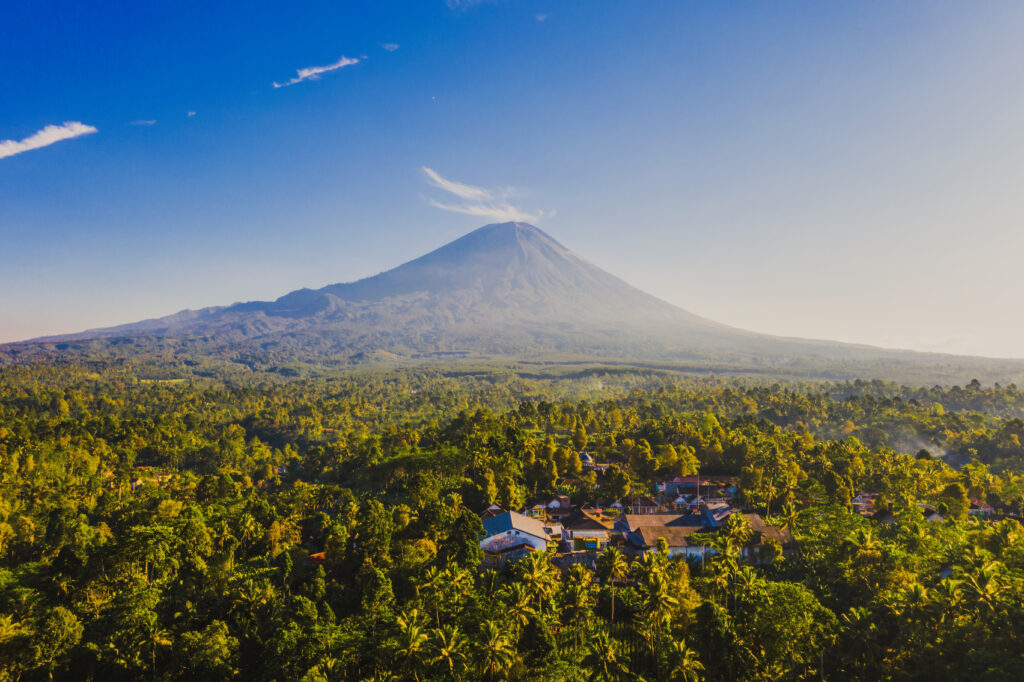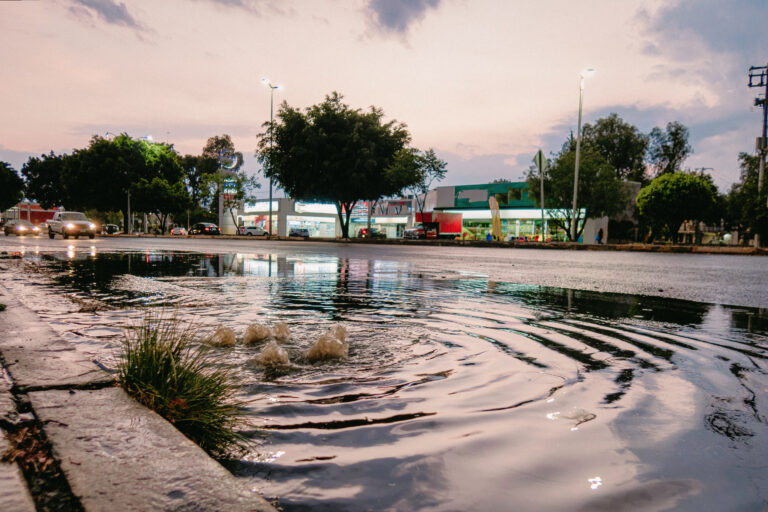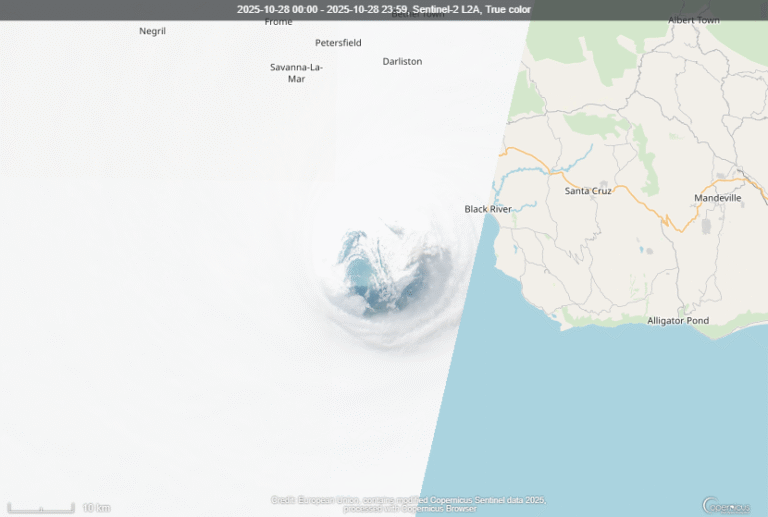Indonesia’s Mount Semeru erupts in East Java
November 19, 2025 – Lumajang, East Java, Indonesia
Mount Semeru erupted on Wednesday afternoon in the Lumajang district of East Java. The volcano sent hot clouds of ash and gas down its slopes and pushed a tall plume high into the sky. Authorities raised the alert to the highest level and moved people out of the danger zone soon after the first explosion.

Heavy ashfall overwhelms nearby villages
Soon after the eruption, thick ash began to fall on several communities. Roofs, roads and fields turned grey within minutes. Because the ash stayed hot, it posed an immediate threat to anyone nearby. Officials urged residents to stay inside or move to shelters. They also expanded the danger radius to roughly eight kilometers around the summit. As a result, many families fled low-lying areas and riverbanks, since those zones can channel deadly mudflows.
Rescue teams evacuate climbers and local residents
Rescue teams acted quickly. They evacuated more than 900 residents from villages on the southern slopes. They also reached over 170 climbers who were stranded on the mountain. The climbers moved down safely with guidance from emergency crews. Although no deaths were confirmed at the time, officials warned that conditions could change rapidly.
A powerful volcano with a long eruptive history
Mount Semeru rises to almost 3,700 meters and stands as the tallest mountain on Java. It also erupts frequently. Because of that history, many communities live with constant risk. The 2021 eruption killed dozens of people and destroyed homes across the region. This latest event reminds residents once again how quickly Semeru can shift from quiet to violent.
Local authorities respond with speed and coordination
Disaster-management teams set up shelters soon after the eruption. They handed out masks, cleared roads and kept watch on river valleys. Schools closed for safety and many public services paused their work. Meanwhile, scientists monitored the volcano closely and released frequent updates. Their reports helped residents understand which areas remained safe and which did not.
Ongoing risks demand continued vigilance
Even though the strongest phase of the eruption appears to have ended, the region still faces danger. Fresh ash on the slopes can mix with rain and form fast-moving lahars. These flows can move without warning. Ash clouds may also drift toward other towns in the coming days. Because of these risks, authorities urged everyone to stay alert, follow official guidance and avoid all restricted zones.


